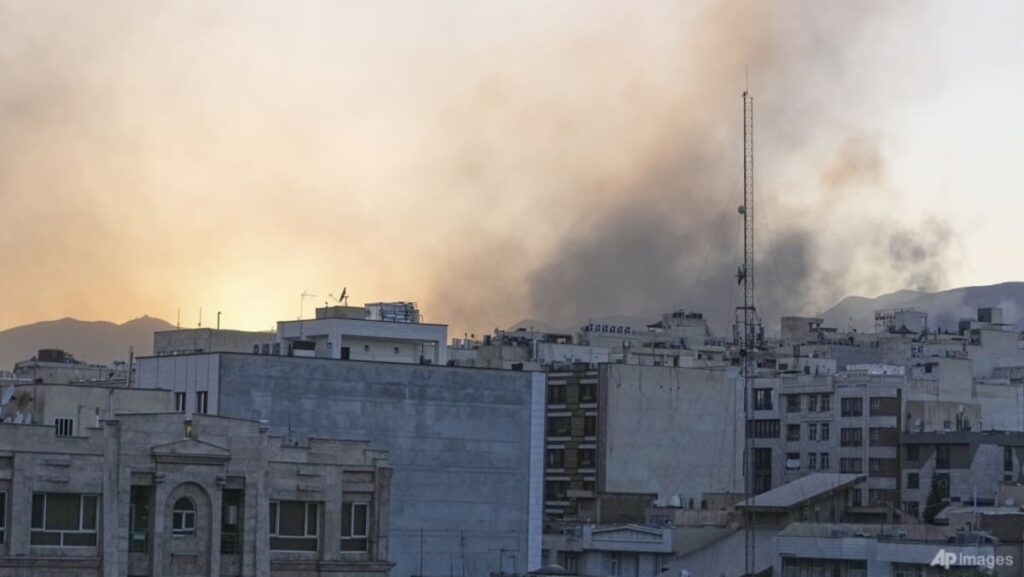While Malaysia speaks about developing relations with Iran, it has more history bonding with Arab nations and its approach to Iran has always been cautious, not the least due to the attempts not to upset the Americans, said Roknifard.
Malaysia’s response to Israel’s actions against Iran is less vociferous because Iran is a majority Shia country, while Malaysia’s Muslims are Sunni, said political analyst and Asia Strategy and Leadership Institute senior adviser on international affairs Oh Ei Sun.
“It is not only Malaysia, but almost everybody else in the Muslim world,” he said.
Shia and Sunni are the two main denominations in Islam, although the latter makes up about 90 per cent of all Muslims worldwide.
Malaysia and Indonesia are majority Sunni countries.
In Malaysia, Shia practitioners face restrictions on practising their religion openly as the denomination is considered by the authorities to be “deviant”.
In Indonesia, Shia practitioners are perceived as deviant by many people and often face persecution in local villages.
More than 90 per cent of Muslims in Iran, on the other hand, are Shia.
Nonetheless, Malaysia’s position is clear in the Israel-Iran conflict: That Israel is the aggressor violating international law, said Bunn Nagara, a fellow at the Perak Academy, a think tank and cultural hub based in the state.
“How do you measure (the response)? There is no unit of measurement of the Malaysian response. There is no quantifiable data. There is deep disapproval and opposition and total rejection of the violent attitude (of Israel),” he said.
Over in Indonesia, the world’s largest Muslim-majority country, religion is not a factor in its foreign policy, said analysts.
International relations lecturer Teuku Rezasyah said this applies to the Israel-Iran conflict as well as Israel’s war against Hamas.
“Indonesia has never mentioned Islam in its statements when condemning wars. The government has also never distinguished between Shia and Sunni Muslims, although the society may have a different view,” added Rezasyah.
Indonesia has a diplomatic relationship with Iran and trade between the two countries grew from US$206.2 million in 2023 to US$217.3 million last year.
Malaysia is Iran’s largest trading partner among Association of Southeast Asian Nations (ASEAN) countries, with total trade valued at RM2.6 billion (US$0.57 billion) in 2024, a 24.6 per cent increase from the previous year.
Amid Israel’s military campaign, Iran has invited Prabowo to visit the country and urged Indonesia and Islamic countries to boycott Israel’s products.
On Tuesday (Jun 17), Iran’s ambassador to Indonesia Mohammad Boroujerdi said: “We hope that Indonesia, as the world’s largest Muslim-majority country, continues to support Iran on various international platforms.”
Roknifard believes a diplomatic response is the only viable option, and the likely role of any Southeast Asian nation is only as part of a coalition pressing the UN Security Council (UNSC) to take measures.
“And even the discussion at the UNSC, Israel tends to disregard,” she said.
“Then we come to the question – if what it takes for this conflict to stop (both in Gaza and Iran) is US pressure on Israel, then how can the rest of the world effectively pressure the US into realisation of such a need,” she added.
“Under Trump and his delusional perception of distribution of power in the world, it does not seem possible.”
https://www.channelnewsasia.com/asia/iran-israel-evacuation-malaysia-indonesia-thailand-southeast-asia-middle-east-5191871


